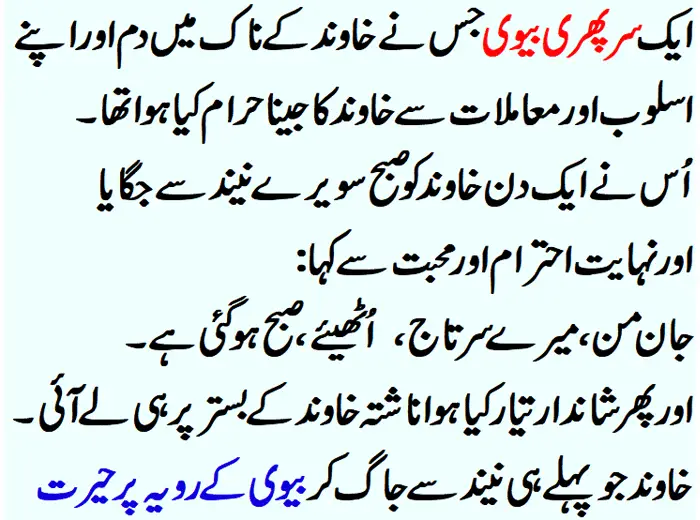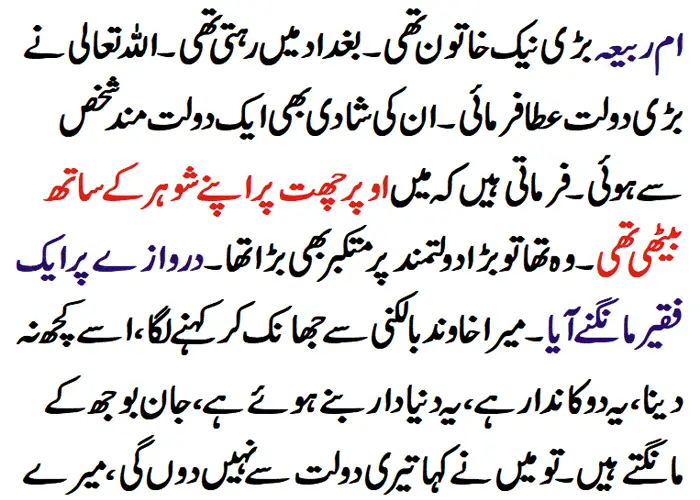
In an age where bustling cities never sleep and technology keeps us constantly connected, sleepless nights have become an all-too-common phenomenon. Insomnia, characterized by difficulty falling or staying asleep, plagues many individuals, impacting their physical and mental well-being. Let’s explore why insomnia is becoming more common in today’s world.
Modern Lifestyles and Stress:
In the fast-paced world we inhabit, stress has become an unwelcome companion for many. Pressures from work, relationships, and financial obligations often weigh heavily on individuals, making it challenging to unwind and attain restful sleep.

Moreover, the advent of technology has blurred the boundaries between work and leisure, leading to a constant state of alertness. As a result, the mind struggles to switch off, perpetuating the cycle of sleeplessness.

Example 1:
Consider the case of Sarah, a marketing executive in her thirties. Juggling multiple deadlines and demanding clients, Sarah often finds herself lying awake at night, her mind racing with thoughts of pending tasks and strategies for the upcoming week. Despite her exhaustion, sleep eludes her, leaving her fatigued and irritable the next day.


Digital Distractions and Blue Light Exposure:
The widespread use of electronic devices has revolutionized the way we communicate and access information. However, the blue light emitted by screens interferes with the body’s natural sleep-wake cycle, suppressing the production of melatonin, the hormone responsible for regulating sleep. Prolonged exposure to screens before bedtime disrupts circadian rhythms, making it harder to achieve restorative sleep.
Example 2:
John, a college student, often spends hours scrolling through social media feeds and watching videos on his smartphone late into the night. Unaware of the detrimental effects of blue light exposure, he wonders why he struggles to feel rested despite spending ample time in bed. His reliance on digital devices has unwittingly contributed to his sleep disturbances, impacting his academic performance and overall well-being.
Sedentary Lifestyles and Lack of Physical Activity:
As sedentary behaviors become increasingly prevalent, particularly in urban settings, many individuals lead predominantly desk-bound lives. The absence of regular physical activity not only affects physical health but also disrupts sleep patterns. Exercise is known to promote relaxation and alleviate stress, making it easier to drift off into restful slumber. However, the sedentary nature of modern lifestyles often leaves little room for physical exertion, exacerbating sleep-related issues.
Environmental Factors and Sleep Disruptions:
Beyond individual behaviors, environmental factors also play a significant role in sleep quality. Noise pollution, excessive light exposure, and uncomfortable temperatures can all contribute to sleep disruptions. Urban dwellers, in particular, are susceptible to these environmental stressors, as they navigate bustling cityscapes where tranquility is often elusive.
In short, many factors contribute to the widespread problem of sleepless nights and insomnia nowadays. Modern life is busy, technology keeps us awake, and various other challenges make it hard to get good sleep. To tackle this issue, we need to make changes in how we live, manage technology, and improve our surroundings. By making sleep a priority and developing healthy sleep habits, we can enjoy better sleep and feel more energized and satisfied with life.
FAQs about Sleepless Nights and Insomnia
1. Can genetics play a role in causing insomnia?
Absolutely. While lifestyle factors and environmental influences often contribute to sleep disturbances, genetics can also predispose individuals to insomnia. Research suggests that certain genetic variations may affect neurotransmitter pathways involved in regulating sleep, making some people more susceptible to insomnia than others.
2. Is there a link between diet and insomnia?
Yes, indeed. While not explicitly addressed in the article, diet can significantly impact sleep quality. Consuming stimulants like caffeine or heavy meals close to bedtime can disrupt sleep patterns. Conversely, incorporating sleep-promoting foods such as complex carbohydrates, lean proteins, and foods rich in magnesium and melatonin may support better sleep.
3. How does age affect the likelihood of experiencing insomnia?
Age is a crucial factor in determining susceptibility to insomnia. While individuals of all ages can experience sleep disturbances, older adults are more prone to insomnia due to changes in sleep architecture and increased prevalence of medical conditions and medication use. Additionally, hormonal fluctuations and lifestyle changes associated with aging can contribute to sleep disruptions.
4. Are there any alternative therapies or remedies for managing insomnia?
Yes, several alternative therapies and remedies have shown promise in managing insomnia. These include relaxation techniques such as meditation, yoga, and deep breathing exercises, as well as herbal supplements like valerian root, chamomile, and passionflower. Cognitive-behavioral therapy for insomnia (CBT-I) is also widely recognized as an effective non-pharmacological treatment for insomnia.
5. Can mental health conditions like anxiety and depression exacerbate insomnia?
Absolutely. Mental health conditions such as anxiety and depression often coexist with insomnia, forming a complex interplay of factors. Persistent worry, rumination, and negative thought patterns characteristic of these conditions can fuel sleep disturbances, while sleep deprivation can exacerbate symptoms of anxiety and depression, creating a vicious cycle.
6. What role does medication play in treating insomnia?
Medications, including sedatives and hypnotics, are commonly prescribed to alleviate insomnia symptoms. However, they come with potential side effects and the risk of dependency, particularly with long-term use. Healthcare providers may recommend medication as a short-term solution or in conjunction with behavioral interventions for managing insomnia.
7. How does shift work impact sleep quality and contribute to insomnia?
Shift work disrupts the body’s natural circadian rhythm, leading to irregular sleep patterns and insomnia. Working late-night or rotating shifts can confuse the body’s internal clock, making it challenging to synchronize sleep-wake cycles with external cues such as daylight. This disruption in circadian rhythms can have profound implications for physical and mental health, exacerbating insomnia symptoms.
8. Are there specific lifestyle changes that can help alleviate insomnia symptoms?
Certainly. While the article touches upon lifestyle factors contributing to insomnia, it’s essential to highlight specific changes individuals can make to improve sleep hygiene. Establishing a consistent sleep schedule, creating a conducive sleep environment free from distractions, and practicing relaxation techniques before bedtime can all promote better sleep quality and alleviate insomnia symptoms. Additionally, limiting screen time before bed and avoiding stimulating activities can help signal to the body that it’s time to wind down and prepare for sleep.






